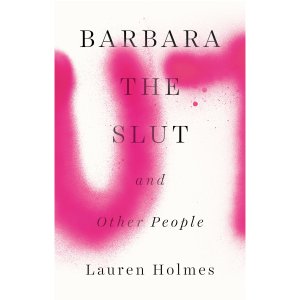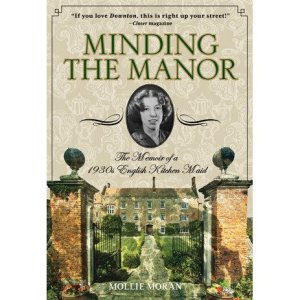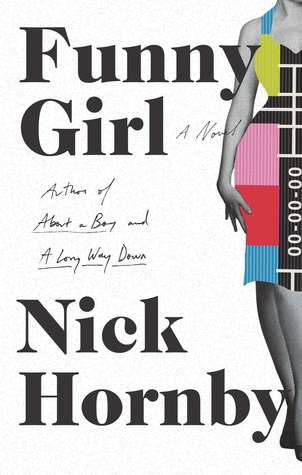
Through most of my life I have held the opinion that hockey players are a different breed of athlete, and for the most part, I have viewed this as positive thing. They’re down-to-earth mostly small town boys who live, sleep, and breathe the sport that they love. The only thing important to them is hockey, and that’s fine, except when there are more important things.
This past week I have found myself feeling a deep disappointment in the NHL with their stance of ‘not taking a stance’ in the fight that The President of the United States seems to be waging with the world of professional sport. I keep waiting for some sort of sign that someone, the players, the coaches, the owners, the players association, the commissioner of the league, will stand alongside members of the NFL, NBA, WNBA and the MLB.
This past weekend however, J.T Brown became the first player in the NHL to protest raising a fist during the anthem. It was a dignified act, one that Brown defended in a statement, and an act of extreme bravery. He’s all alone.
Brown’s act sheds light on the dark side of racism that exists in a league that is over 93% white with a fan base that is also largely white. After Hockey Night in Canada tweeted a photo of Brown’s protest I was appalled and disgusted to see that a majority of the responses were negative and disparaging. Brown himself has come out mentioning the death threats he’s received in the wake of Saturday night.
These protests that have been sweeping the sports world, they’re not about the flag, or the anthem, or the military. They are about police brutality and racial injustice that are rampant in the United States. The response to Brown is just another display of why these protests are necessary, and that Canada is not exempt from the racial biases that permeate the world of professional sports. Even while members of the Tampa Bay Lightning have stated they “have his back,” the support seems halfhearted at best and no one has outright condemned death threats. It’s also interesting that Brown didn’t play Monday night.
Now I get it, the league is made up of predominately white, non-American, affluent, cis-gender men, who are so far removed from the racial issues that Colin Kaepernick first started kneeling for. As a white Canadian cis-gendered female, I am also an outsider, but sport, specifically hockey has played an important role in my life and I believe we can do better.
As white people we need to be better allies. At the 1968 Olympic Games Peter Norman stood beside Tommie Smith and John Carlos in support of fundamental human rights. He didn’t raise his fist, it wasn’t his fight, but he did say “I’ll stand by you” and wore a badge supporting the Olympic Project For Human Rights. Norman faced backlash for his support. NHL players need to look around themselves at what is happening off the ice, to their compatriots in the league and in other sports and say “I’ll stand by you,” and it needs to start at the top.
Gary Bettman needs to stop being such a weiner, and the owner of the Pittsburgh Penguins needs to stop kowtowing to The President. The decision of the Pittsburgh Penguins to attend the white house today is disgraceful because it gives Trump a win. Gary Bettman has often maintained that he would prefer that his players be apolitical. In this Trumpian era however, there is no neutrality anymore and Crosby defending his team’s decision to attend the White House calling it a great honour, is just about as political as you can get.
The Penguins, and the NHL as a whole is trying to act as though everything is “business as usual.” This speaks to the underlying privilege that most NHL players are ingrained with. In a league that is 90% white and 75% non-American, the NHL has tried to stay out of it and “stick to hockey.” Not so fast. (I will also point out the hypocrisy of the Calgary Flames endorsing a mayoral candidate).
The NHL likes to talk a big game with their “Hockey is for Everyone” campaigns, and yet when the players, owners, and coaches have an actual chance to show the young people they are trying to inspire that they care about them, they can’t. The NHL is being pulled into a situation that they are uncomfortable with but they’re going to have to learn how to deal with it.
I don’t know how many more hockey player’s we’re going to see protesting but white men in a position of privilege and power need to do better to stand behind their teammates who take a stand. It’s time to realize that sports cannot always be apolitical and there are in fact times when they are forced to become so. Trying to stay out of it sends the wrong message to fans and members of the sport community.
The President and now his Vice President have made it abundantly clear that they are not going to let this issue die. They will continue to try and divide their country by using sport, something that should be a unifying influence. While the NHL would prefer to ignore what is happening, it’s difficult to try and stay neutral when there is only one side.
 I have been so well with short story collections recently having just finished Barbara the Slut. Bergman does something very different with her short story collection, but I loved it nonetheless.
I have been so well with short story collections recently having just finished Barbara the Slut. Bergman does something very different with her short story collection, but I loved it nonetheless.




 In her previous work,
In her previous work,  Helen Bryan’s novel opens in the present day with an elderly woman packing to get on a plane to Europe. Her distination is unknown, but we know that whoever she plans on seeing, she hasn’t seen in over 50 years.
Helen Bryan’s novel opens in the present day with an elderly woman packing to get on a plane to Europe. Her distination is unknown, but we know that whoever she plans on seeing, she hasn’t seen in over 50 years.
 I have a difficult relationship with short stories, and aside from David Sedaris’ Me Talk Pretty One Day, I have yet to come across a compilation of short stories that I absolutely love. Well I finally found it.
I have a difficult relationship with short stories, and aside from David Sedaris’ Me Talk Pretty One Day, I have yet to come across a compilation of short stories that I absolutely love. Well I finally found it. After the first few seasons of Downton Abbey exploded in the United States, books like this one started to be published and quickly became a dime a dozen. There’s nothing especially remarkable about this particular book, but I liked it nonetheless. Mollie was obviously a spitfire in her day and that spirit and sass comes through in her writing even though she was 93 at the time this was published.
After the first few seasons of Downton Abbey exploded in the United States, books like this one started to be published and quickly became a dime a dozen. There’s nothing especially remarkable about this particular book, but I liked it nonetheless. Mollie was obviously a spitfire in her day and that spirit and sass comes through in her writing even though she was 93 at the time this was published.
 Nick Hornby is right up there as one of my favourite authors. He is sharp, witty, and while I’m not sure if anything equal my love of High Fidelity,
Nick Hornby is right up there as one of my favourite authors. He is sharp, witty, and while I’m not sure if anything equal my love of High Fidelity,